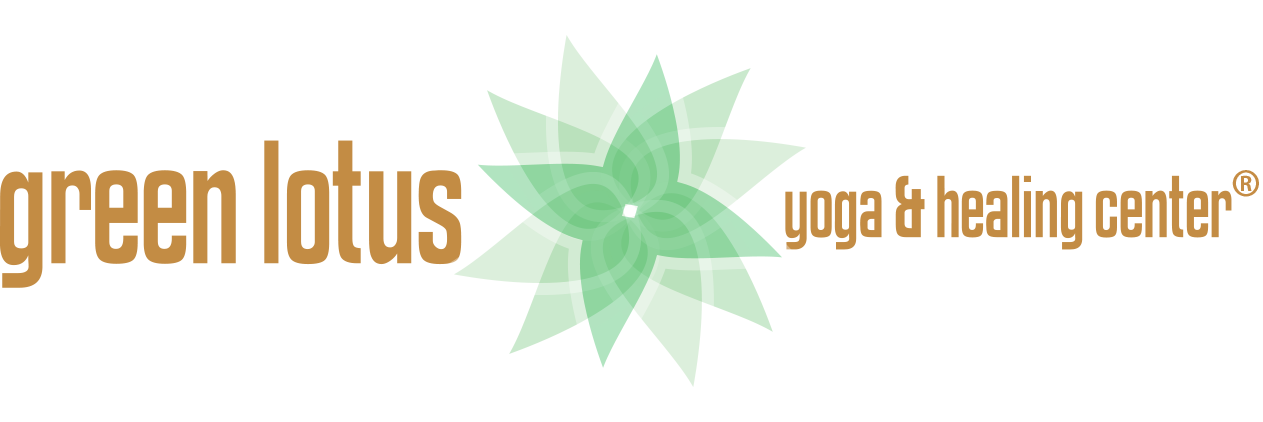The Vagus Nerve and an Answer to a Prayer
/Have you heard of the vagus nerve or polyvagal theory? And how stress is related to it? Or how to pay attention to your vagus nerve for greater well-being and health? And you’re not sure what this means?
If you answered “yes” to any of these questions, this article is for you.
The vagus nerve, a part of your nervous system, oversees a vast array of essential bodily functions that happen automatically like digestion, heart rate, and breathing. It's also related to the modulation of inflammation and the immune system and is linked to certain muscles. When you're under stress, vagus nerve overactivation can wreak havoc on your system and cause, or contribute to, a variety of unpleasant symptoms like acid reflux, digestive problems, IBS, high blood pressure and heart rate, brain fog, anxiety, depression, mood disorders, PTSD, pain, inflammation, and more.
Part of polyvagal theory looks at our reaction to stress and trauma and how the vagus nerve is involved. When we perceive a threat or experience stress, our body responds with a chemical whirlwind that primes our nervous system to fight, flight, or freeze, which are self-explanatory. It can fawn when we have fight, flight, and freeze activation at the same time. Examples of fawning are responding to an abuser or authority figure by being highly agreeable; neglecting one's own needs and boundaries when experiencing a perceived threat or when under stress; being unable to say no; having hyperawareness of other’s moods and emotions, and being unaware of one’s own emotions. Polyvagal theory also looks at how experiences and relationships in our developmental years influence our nervous system into adulthood.
The stress response – fight/flight/freeze/fawn – is a wonderful thing when confronted with an actual threat, like being chased by a bear. When you experience trauma or long-term stress, however, the effects of an overactivated vagus nerve can have serious effects on your health and well-being.
In yoga wisdom, the vagus nerve, polyvagal theory, and our stress response are related to the idea of samskaras. Samskaras can be described as hidden habit patterns, deep emotional impressions, or imprints left in the subconscious or precognitive mind by experiences that affect our psyche, emotions, and nervous system. Samskaras can be either positive or negative. The effects of negative, unprocessed samskaras are the same as symptoms related to stress and overactivation of the vagus nerve.
I had an experience that clarified all the above in my body and led me on a journey of self-discovery and healing.
Several years ago, I started having symptoms like acid reflux yet different from it. For a few years, the unpleasant and uncomfortable symptoms would arise occasionally and seemingly at random. Then, they dramatically worsened, leaving me in severe pain and unable to eat or drink for hours or days at a time. I sought help from my primary care doctor, then from a gastroenterologist. It became clear that the problem was likely related to a dysfunction in the band of muscles responsible for allowing food and liquids to move from my esophagus into my stomach. My opening was getting stuck shut. Diagnostic tests to confirm were scheduled, and there was talk of a gastric pacemaker as treatment. I was terrified.
A few days later, after a particularly difficult day of severe symptoms, I was driving in my car and feeling very low, hopeless, and fearful of the path in front of me. I began to pray. I asked my teachers and guides for guidance and strength. I immediately received the message, “Just sing!”, as if someone yelled it from the backseat.
A few months prior I had been taking singing lessons from Sarah Zuber, a yoga teacher at GL. Though I enjoyed singing, it seemed utterly absurd that this could be the answer to my prayer. Even so, being one not to refuse such a clear message and with nothing to lose, I turned on my favorite Krishna Das song and began a singing-preparation breath practice Sarah taught me. Within a few moments, my symptoms diminished; by the end of the song, my symptoms were gone. I feel like a miracle occurred on I-35 that day. I received the answer to my prayer, and in that moment, I knew in my heart that I would be okay.
I dove into researching my condition and learned about the role my vagus nerve played. I had been practicing meditation techniques for decades, and when I shifted my energy into that familiar meditative state with breath practice and singing, my vagus nerve calmed, the muscles causing the restriction relaxed, and my symptoms evaporated.
Over the next few months, my symptoms reemerged at times, allowing me to become acutely aware of the stress response in my body. At first, it took just the tiniest amount of stress to make my vagus nerve unhappy and activate my symptoms. The level of stress was so low that my mind didn’t register it consciously, but my body wisely sent me the message in a way I couldn’t miss. I would simply pause whatever I was doing, breathe, and sing until my symptoms resolved. Little by little, my symptoms became less severe and less frequent. I reprogrammed my samskaras and my nervous system and found a new, more balanced, and calmer baseline. It’s been years now since I’ve had any symptoms at all.
Through this experience I learned to listen to my body more closely in a variety of ways and circumstances which has improved my overall health, well-being, and happiness immensely. In the years since, this self-awareness has enabled me to release other pain and dysfunction in my physical body and to find and balance or release the root causes, often located in my emotional body or nervous system. Plus, I am now more able to access positive, joyful states as well because I know how to access and cultivate them; this experience showed me where to look. I am so grateful to have had this health challenge; it became one of my greatest teachers, and I’ll continue to heal and grow because of it for the rest of my days.
My experience is probably outside the norm. I hope, though, that it highlights the innate capacity for healing that each of us possesses. This doesn’t mean you should disregard advice from your doctor or give up medical treatments; there is room for both East and West on the road to healing. My hope is that my story inspires you to explore an expanded view of healing and wellness – and inspires you to act.
Practicing meditative techniques and yoga have real and tangible effects on your health like those mentioned earlier in this article. You, too, can reprogram your nervous system and your samskaras and find a new baseline.
You can feel better.
Breath work and singing may not be for you; each of us must find the path and the modalities that work for our unique situation and constitution. There are many possible paths to healing your nervous system beyond the world of yoga and meditation: cognitive behavioral therapy, EMDR, western medical therapies, polyvagal therapy, biofeedback, Emotional Freedom Techniques, acupuncture, lifestyle changes, just to name a few, and you might find you benefit from a combination of several approaches.
The journey begins with forward momentum. Not sure where to start? My first dharma teacher instilled in me the idea that the specifics matter less than creating a healing vibration or paradigm in your life. Start with the approach that resonates with you and proceed from there with an open heart and mind. Knowing that you have the capacity to feel better and that it is your birthright will ground you in your inquiry. Wherever you are, now is the perfect time to take a step toward healing.
Some techniques you can try right away to help the status of your vagus nerve:
Deep, slow diaphragmatic breathing
Calming breath technique: Make your exhale longer than your inhale
Exercise
Music
Connecting with others
Laughing
Cold-water immersion
Loud gargling
Singing
Foot massage
If you’d like to dive deeper and learn more about your vagus nerve and polyvagal theory, I suggest these books:
Anchored: How to Befriend Your Nervous System Using Polyvagal Theory by Deb Dana and Stephen Porges
Our Polyvagal World: How Safety and Trauma Change Us by Stephen Porges and Seth Porges
The Pocket Guide to Polyvagal Theory: The Transformative Power of Feeling Safe by Stephen Porges
Postscript: If you would like to create a custom yoga practice or learn mantra meditation or breath practices to support your wellness, consider me a resource. Reach out to me via email: maureen@greenlotusyogactr.com


















